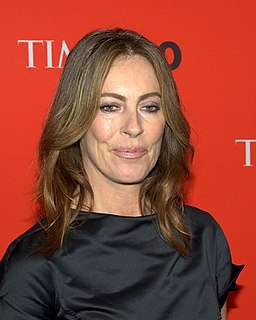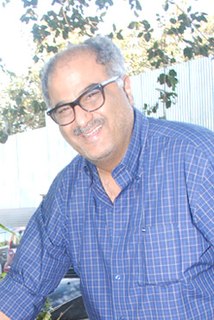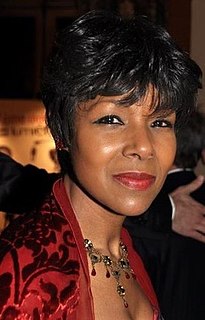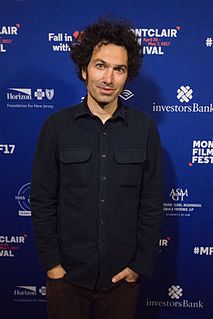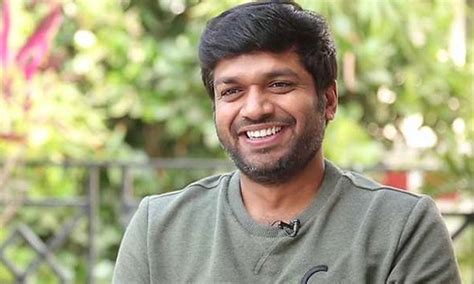A Quote by Kathryn Bigelow
When I made my first film, I didn't think of it as directing, so it wasn't like I set out to become a director.
Related Quotes
We made 'Mickey and the Bear' with barely any money with a first-time director, a first-time director of photography, and a crew who had just graduated from NYU film school. We were all very much in this together for the first time. There's no famous actor or big explosions. It's not a Marvel movie. I thought nobody was going to see this film.
The first film that really knocked me out was Alien by Ridley Scott. This is a great movie because no matter how many times I watch it, I still find myself fully invested in the characters despite the fact I know what is coming. I think it was this type of mastery of storytelling and the ability of bringing the audience so completely into another world that made me want to become a director.
Me and Kirby are very collaborative and it changes from film to film. The first project we worked on together, Derrida, we co-directed. The last film Outrage, I was the producer and he was the director. This film was much more of a collaboration - he is the director and I am the producer - but this is a film by both of us.
